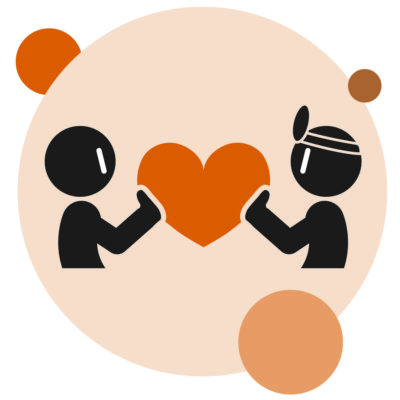Health to go is not merely a book; it is a unique, interactive tool for health promotion. Due to its extraordinary structure, it can be read linearly like any conventional book, but also as a gamebook, customized for the reader. In the latter case the reader decides the order of chapters in which they wish to progress. While its playful framework is based on scientific evidence, the book’s personal tone overcomes communicational hurdles constantly present in the field of health promotion. Its target group is primarily the 15–50 cohort; nonetheless, we wholeheartedly recommend it to playful readers above those ages as well.
The book covers twelve relevant, widely interesting health-related topics ranging from nutrition over physical exercise to various addictions. The evaluation of self-administered questionnaires enables the reader to focus on the most relevant chapters that can provide answers to their questions as well as potential solutions for their risk conditions and problems.
The framework of the book is an interesting, dynamically creative story (shaped by the evaluation of the reader’s answers), involving some 70 colourful infographics, illustrations, useful tips, and fun facts. At the end of each chapter, the reader can make their own health-related pledges. Another unique aspect of the book is its chapter dedicated to health screenings, filling a niche with regard to demand among health professional and the general population.
The book is a product of extensive cooperation based on the plans of Magor Papp as editor-in-chief and his creative efforts with co-author Éva Gutási. With over 500 reference sources from scientific and medical literature, the chapters were written by 16 health professionals aided by the contribution of a creative team and several beta readers.
List of chapters
1. Our relationship with our health
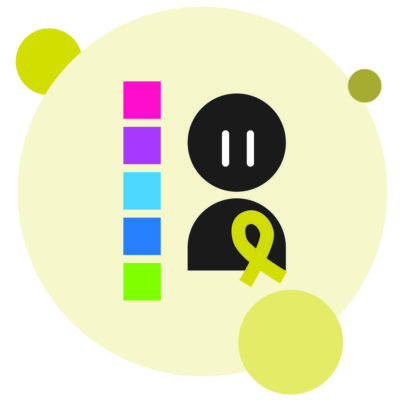
2. Which screenings are necessary for us?
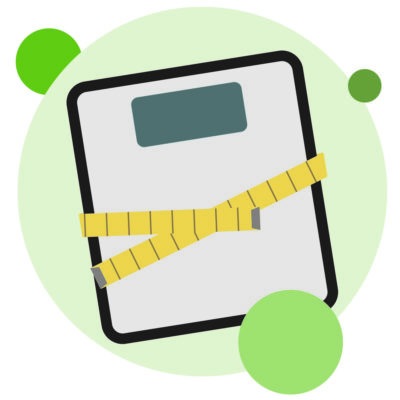
3. Nutritional status
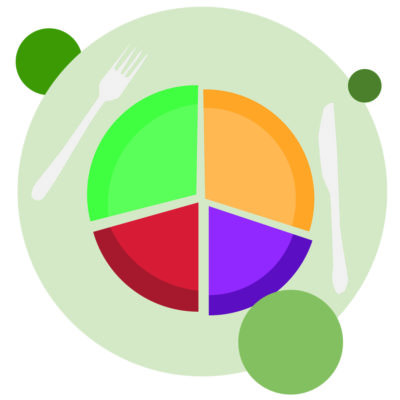
4. Nutrition
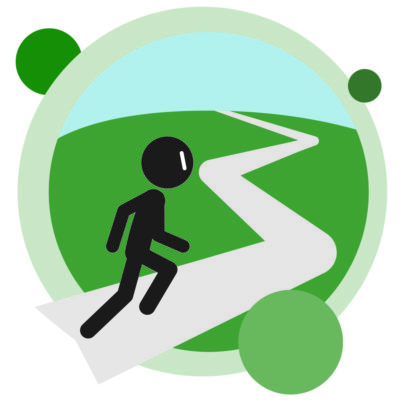
5. Physical exercise
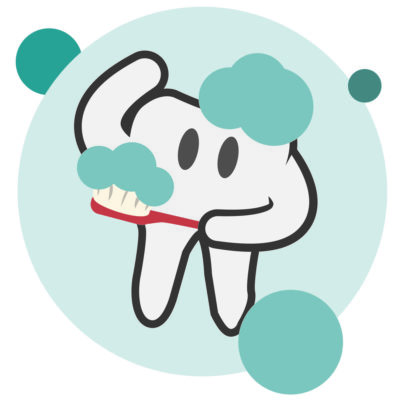
6. Oral hygiene
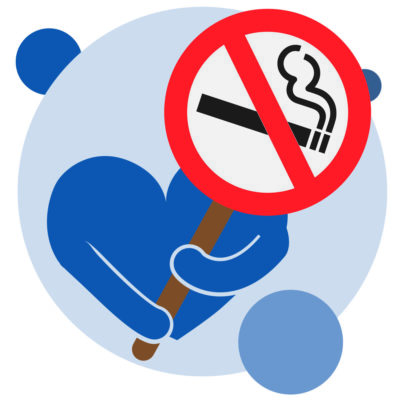
7. Smoking
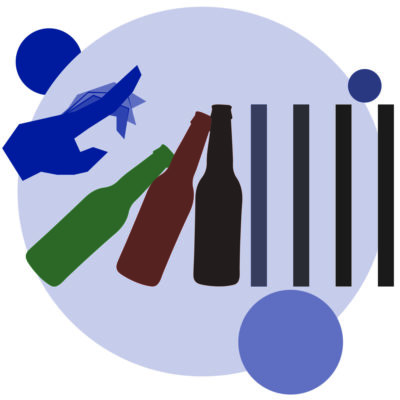 8. Alcohol consumption
8. Alcohol consumption

10. Virtual addiction
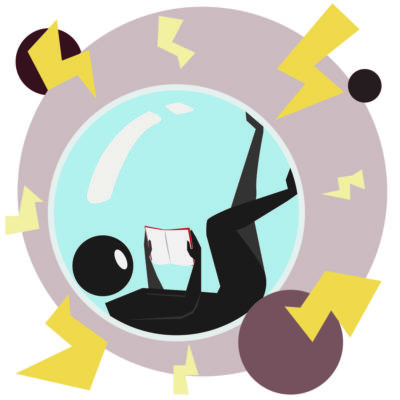
11. Stress management

12. Sexuality

